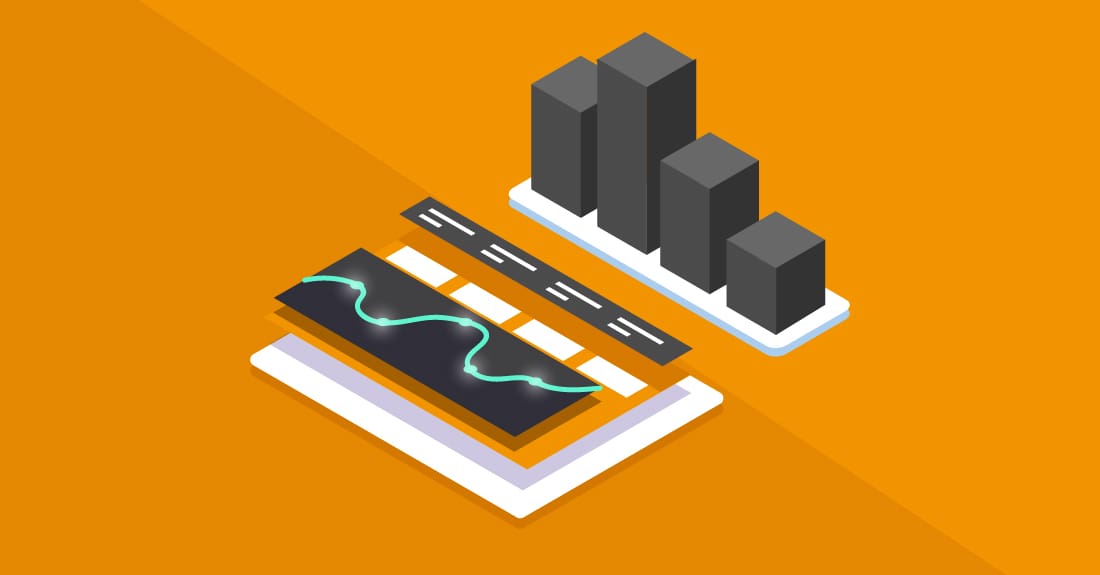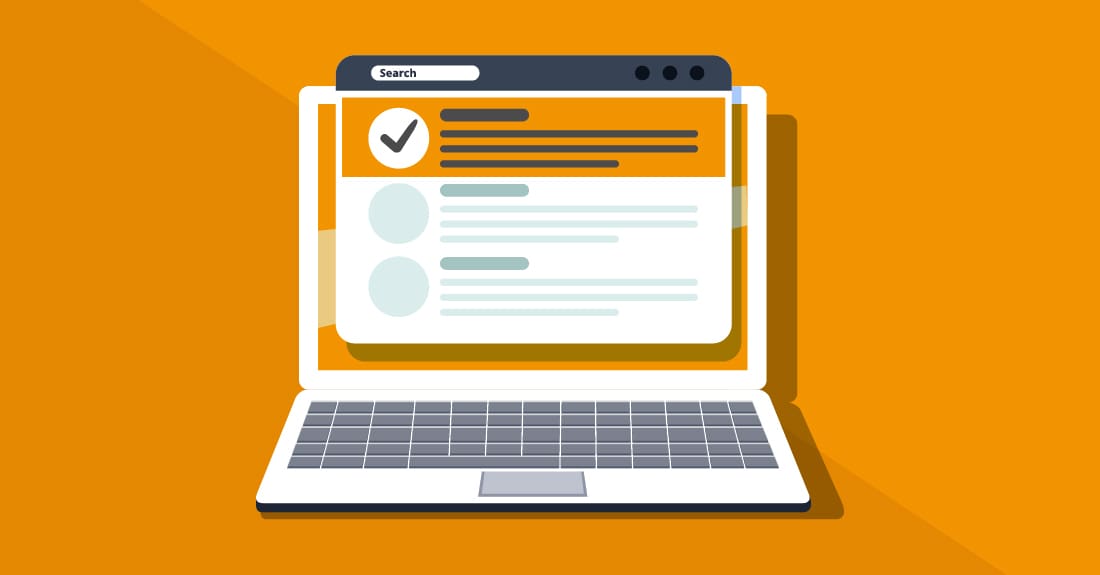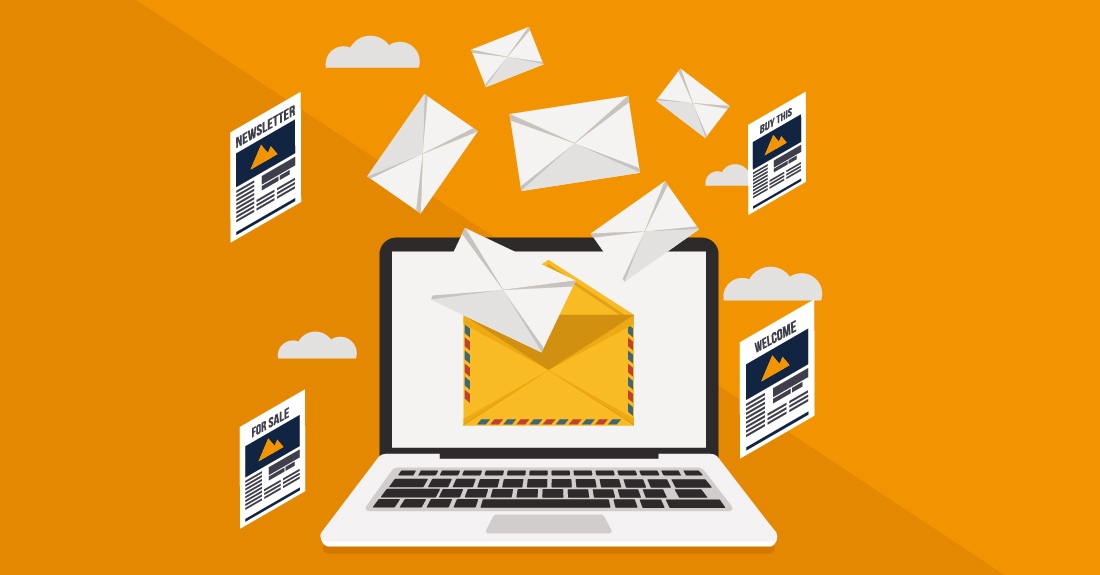Today, almost every major retailer has a marketing department that specializes in digital marketing. But what does this mean for the average retail employee? Well, for starters, it probably means you! Marketing roles used to be fairly entry-level and reserved for people with a lot of experience. But now that so many businesses have started working towards being more customer-centric and customer-friendly and embracing modern technologies like mobile and internet marketing, there has been a massive increase in the number of retail job openings with a ‘marketing’ skill requirement.
That’s because marketers not only work with customers but they work with them 24/7. They listen to what they need and suggest solutions; they interact with their clients throughout the purchasing process and beyond; they analyze data and cut through the noise; and most importantly, they create content that their audience will enjoy.
This article will explore everything you need to know about marketing automation in the retail industry including its benefits, types, why it is needed at your company as well as best practices for implementing it successfully.
Quick Background about Business Process Automation

At its most basic, business process automation is about automating processes that are necessary for running a business. This could be anything from inventory tracking and ordering to customer service and payment.
While some businesses might not even consider the idea of automation when they’re starting, once they’ve been in operation for a while they inevitably need to automate certain processes to keep up with growing expectations and customer needs. That’s where automation comes in.
Explaining Marketing Automation?
As the digital age continues to make its way into every aspect of our lives, retailers have also been taking advantage of the opportunities that technology can provide. From analyzing customer data to tracking their location, digital marketing has become as essential as brick-and-mortar retailing ever was.
Marketing automation is the implementation of tools that help you create and send content, track visitors, collect data, and more. Automation can help you with all of this, while also integrating with your other internal and external business processes. If you’re interested in marketing automation, you’re probably aware of the different marketing automation types such as email marketing, text messaging, social media, and more. But what exactly are they? Let’s take a look:
Expiry-based Marketing Automation
In most industries, expiry-based marketing automation is used when you know the end of the sales cycle for your products. For example, an eCommerce store that sells sportswear that is sold out within 24 hours will likely need to start the order process over again the next day.
End-of-Sales Automation
In this marketing automation type, you’re tracking the customer journey and ending the sale as soon as possible. For example, a shoe store might use end-of-sale marketing automation to encourage customers to buy their next pair of shoes as soon as possible.
Time-based Marketing Automation
In this type of automation, you know the buyer journey and when they are likely to take action based on their purchases in the past. For example, a grocery store might use time-based marketing automation to encourage customers to buy their groceries as soon as possible.
Marketing Automation and the Retail Industry
Marketing automation has been around for a while, but it has been on the rise in recent years as businesses have started to understand its benefits. Implementation of automation typically happens at the level of the store or regional level. This is typically done through an ERP/MRP system.
However, the benefits of automation don’t stop at just managing the administrative tasks of an ERP/MRP system. Automation allows retailers to create new content, manage their social media accounts, optimize their websites, track their sales, and more.
Importance of Marketing Automation in the Retail Industry
Marketing automation is a process that uses different technologies and processes to create a consistent customer experience across every channel a business creates content. This includes printing and design, eCommerce, email marketing, and social media.
Automation allows retailers to create a consistent customer experience across every channel they own. For example, if a customer comes into a store and has a product issue, the employee in charge of that issue can easily create a new issue and send it to the right person.
And if a customer orders a product, the employee in charge of that can create a new order and send it to the right person. Automation allows retailers to create a consistent customer experience without having to manually oversee every channel.
Using Marketing Automation in the Retail Industry
Marketing automation helps retailers increase their business by increasing their customer base. By creating a consistent experience across every channel, retailers can drive more customers to their doors, thereby increasing their profits. Now, there are a few things you need to think about before you implement marketing automation in your company.
Will it improve your current performance or create more benefits? Some companies might find that implementing and managing marketing automation provides more benefits than costs. For example, implementing digital marketing allows retailers to engage with their customers on a more frequent basis, which can lead to more sales.
Types of Marketing Automation
There are many types of marketing automation and they all have their pros and cons. Let’s take a look at some of the most common ones:
Push Marketing Automation
In this automation, you’re sending out emails, social media, text, and other content until you want to stop the buying cycle.
Pull Marketing Automation
In this automation, you’re waiting for the customer to make the first step and then following up with additional communications until they make a purchase.
Email Marketing Automation
This is the most popular type of marketing automation used by businesses. It’s often referred to as text-based marketing automation because the emails don’t have images or videos and just tell the customer what you have available for purchase.
Social Media Automation
Some social media platforms support paid advertising, so you can use them as a marketing tool for your business. However, most social media channels are free for everyone to use.
Voice Calls to action
Some marketing automation systems can even be programmed to send a personalized message to your client at the point of sale if you’re trying to encourage a purchase.
Benefits of Marketing Automation
Marketing automation has been proven to be an effective way to grow your business. The right implementation of automation can help you achieve several goals:
Boost Customer Loyalty
Automation can help your business create more personalized experiences for your customers. For example, an eCommerce store might send an email when a customer has placed an order, offer a gift, or provide a specific product-related question.
Boost Visibility
Using technology to track visitors and their locations can help your business to boost visibility. For example, if a tourist walks into your store and finds an Asia map on the wall, they might be more inclined to buy your products if they know where they are.
Boost Repeat Business
By creating content that your audience will enjoy, you’re more inclined to make repeat purchases from your customers. For example, if your business offers a discount code that customers can use at the register, they will be more likely to buy again if they have a great experience the first time around.
Why is Marketing Automation Important in the Retail Industry?
Marketing automation is becoming more and more important in the retail industry, now more than ever. With more and more customers seeking their products online, retailers are finding it more and more challenging to keep up with demand. To compete in this ever-changing business landscape, many companies are looking towards online marketing automation as a way to stand out. Automation can help your business stay top of mind with current trends and offer competitive pricing.
Best Practices
Marketing automation should be easy to implement and manage. You should be able to set it up and take it down in a few hours or less. It should be plug-and-play and not require any special software or hardware.
For example, email marketing and social media automation can be implemented with software that runs on your website. For marketing automation to work effectively, you need to have a clear strategy.
To have a plan, you’ll need to understand who your customers are, what they buy, and why. Once you have that information, you can create a strategy for success using marketing automation.
Final Thoughts

Marketing automation is a critical part of any business’s digital strategy. By creating an automation plan, you’ll have a better chance of implementing it successfully. There are a few things to keep in mind, though:
Planning for automation doesn’t mean you should copy and paste your old automation into your new system. You should consider your needs, wants, and desires as a business and create an automation strategy that fits your needs. Marketing automation can’t replace your in-house employees.
Your in-house team still needs to do their jobs, but you can use automation to speed up certain processes and avoid mistakes. Marketing automation is only as effective as the data you collect and the information you feed into the system. Make sure you are collecting accurate data such as the number of customers, their behavior and purchase behavior, etc.
Articles You Might Want To Read:


